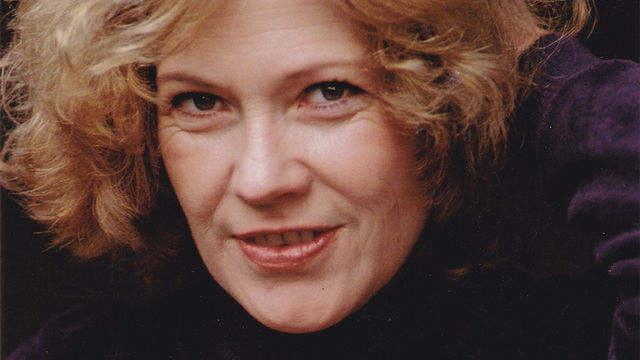
Gloria Camiruaga
The Chilean video artist and documentarian Gloria Camiruaga was born in Santiago in 1941. After obtaining a bachelor's degree from the Universidad de Chile in Santiago in 1971, Camiruaga studied video art at San Francisco Art Institute, graduating in 1980. As one of Chile's first video artists, Camiruaga dedicated her life to creating a space for women and transgender people to express themselves. One of her most influential works, the video La venda (The blindfold, 2000), documents the testimony of ten women who were tortured during the military dictatorship of Augusto Pinochet. The title refers to the method by which the bodies of women were violated: after they were blindfolded, the women were undressed, raped, and tortured. The violent acts perpetrated against women and narrated in La venda demonstrate the regime's decidedly sexist abuse. In her work Camiruaga inserted the testimonies of these women into the national and collective consciousness of Chile.
She also collaborated with Las Yeguas del Apocalípsis—Pedro Lemebel (1952–2015) and Francisco Casas Silva (b. 1959)—on performances recorded for videos, such as Estrellada (Starry) and Casa particular (Private home), both from 1989. In Casa particular, Camiruaga interviews sex workers in a transvestite brothel on San Camilo Street in Santiago. The video includes the performance La última cena (The last supper), in which Las Yeguas del Apocalípsis and the sex workers stage a reenactment of the Last Supper, inspired by an illustration of Leonardo da Vinci's Last Supper that hung in the house's dining room. With Casa particular, Camiruaga and Las Yeguas drew attention to the devastating impact HIV and AIDS had on queer prostitutes at a time when Chile was transitioning from a dictatorial state to a new democracy. Her videos and documentaries bear the testimony of those with limited access to power during crucial moments in the history of Chile. Camiruaga received an award at the eighth Festival Franco-Chileno de Video Arte (1988) and grants from the John D. and Catherine T. MacArthur Foundation (1992) and Rockefeller Foundation (1993). She died in 2006 at age sixty-five.
—Marcela Guerrero
Selected Videos
1982 Mujeres de campamento
1985 Mantenerse juntos
1986 Diamela Eltit
1991 Nicanor Parra 91
1993 Las minas de las minas
Selected Bibliography
"Gloria Camiruaga (1941–2006)." ADOC Chile: El blog de la Asociación de Documentalistas de Chile, April 25, 2006. http://adocchile.blogspot.com/2006/04/gloria-camiruaga-1941-2006.html.
Goecke, Ximena Vanessa. "Corriendo la venda: Cuerpos torturados, voces recuperadas." Academia. 2012. https://www.academia.edu/2410263/Corriendo_la_venda._Cuerpos_torturados_voces_recuperadas._2012_.
Lemebel, Pedro. "'La venda': Un video de Gloria Camiruaga (O dar vuelta la página, hacer como que nada, soñar como que nunca)." Punto Final, June 2, 2000. http://www.puntofinal.cl/000616/artetxt.html.
Llanos, Bernardita. "Memoria y testimonio visual en Chile: El documental 'La venda' de Gloria Camiruaga." Chasqui 39 (November 2010): 42–53.

